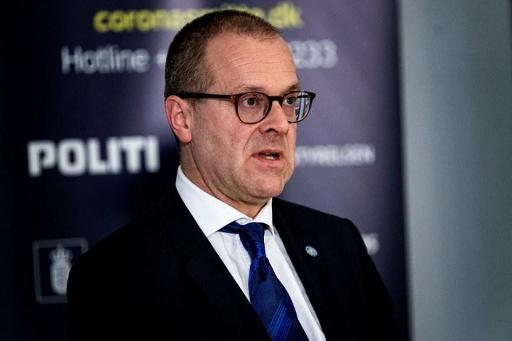Although Coronavirus infections are going down, most European countries are still vulnerable to the virus, according to the World Health Organisation (WHO).
“The overwhelming majority of European countries remain vulnerable,” WHO-Europe Director Hans Kluge said at a press conference on Thursday. “Unless we halt transmission now, the expected benefits from vaccinations in controlling this pandemic may not be evident.”
“Right now, it’s a thin line between the hope of a vaccine and a false sense of security,” he added.
Weekly cases reported from the 53 countries that make up the WHO’s Europe Region, many of them in Central Asia, still top one million. However, the number has been decreasing for four weeks now, and deaths have also been going down over the past two weeks, according to the UN organisation.
Vaccine doses administered in the region, 41 million, have also surpassed the number of cases registered since the start of the pandemic, 36 million.
However, WHO data shows that in 29 European countries, only 1.5% of the population have been vaccinated.
In the European Union, 2.9% of the population have received at least one dose, according to the tally released on Thursday, while 5.83 million persons, 1.3% of the population, have received the second dose.
WHO also stressed that access to vaccination needed to be equitable, whatever the wealth of a country. “The divide between high-, middle- and low-income countries is clearer than ever,” Mr. Kluge said. “Unfair access to vaccines can backfire. The longer the virus lingers, the greater the risk of dangerous mutations.”
So far 38 of the region’s 53 countries have registered cases of the British variant of the virus while 19 have had infections linked to the South African strain, according to the latest figures from WHO.
The Brussels Times

